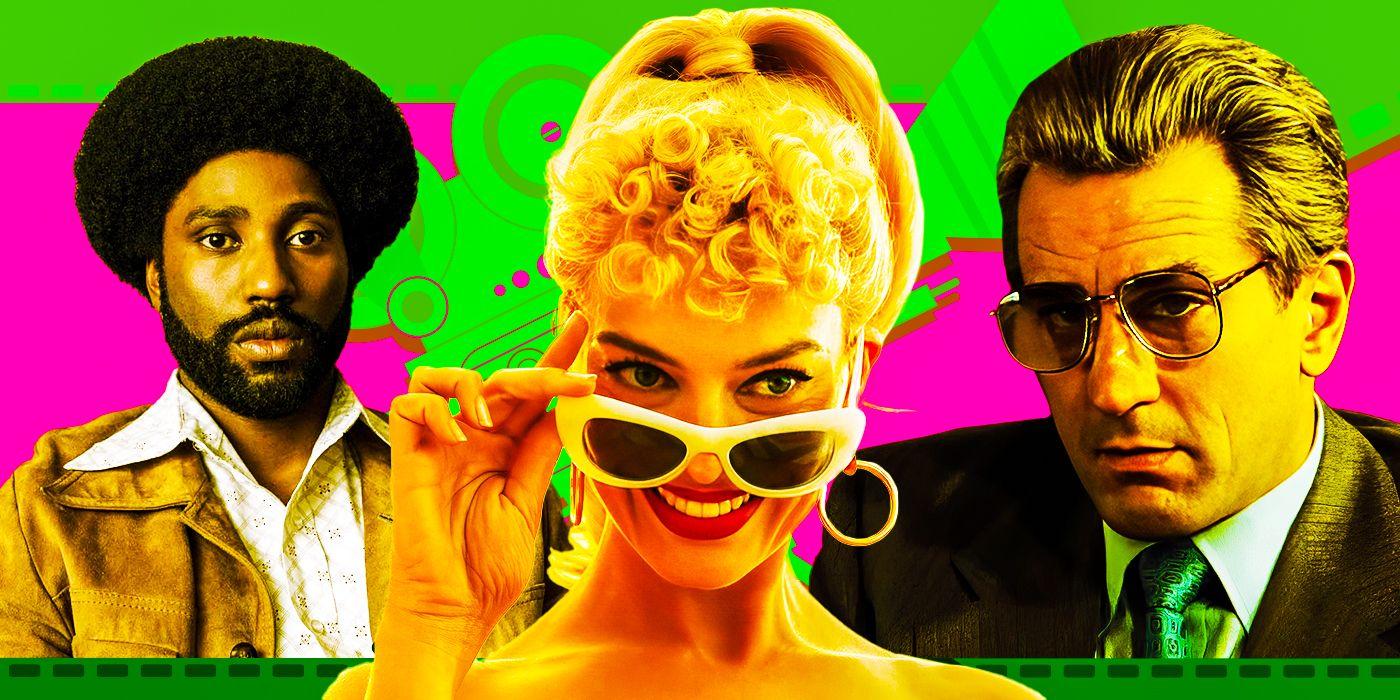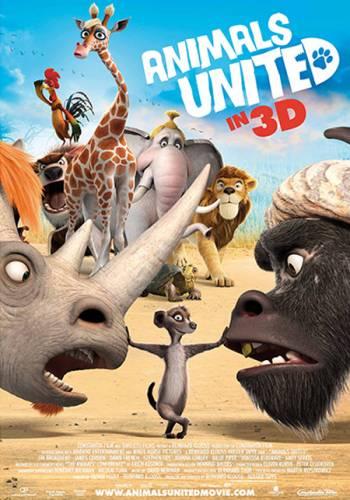In the vast tapestry of cinematic history, certain films emerge as luminous threads, weaving new narratives that redefine the very fabric of the movie industry. These timeless masterpieces transcend the constraints of their era, challenging conventions and inspiring generations of filmmakers and audiences alike. They are not merely products of their time; they are beacons of innovation, daring to reimagine storytelling, technology, and artistry on the silver screen. In this exploration, we delve into the films that have left indelible marks on the cultural landscape, each one a testament to the boundless creativity and transformative power of cinema. Join us as we journey through these groundbreaking works, uncovering the visionary genius that has shaped the evolution of film and continues to influence the ever-unfolding narrative of the movie industry.
Cinematic Pioneers: Unveiling the Films That Changed Storytelling Forever
The world of cinema has been forever transformed by a select few masterpieces that dared to push boundaries and challenge conventions. These films not only captivated audiences but also redefined the very essence of storytelling. “Citizen Kane“ by Orson Welles, often hailed as the greatest film ever made, introduced innovative narrative structures and groundbreaking cinematography. Its use of deep focus and non-linear storytelling paved the way for future filmmakers to explore more complex narratives. Similarly, “Pulp Fiction“ by Quentin Tarantino revolutionized dialogue-driven scripts, intertwining multiple storylines with a flair for the unexpected that has since become a hallmark of modern cinema.
- Visual Innovation: “2001: A Space Odyssey” by Stanley Kubrick set a new standard for visual effects and sound design, leaving an indelible mark on the science fiction genre.
- Character Depth: “The Godfather” by Francis Ford Coppola offered a profound exploration of power and family, presenting characters with unprecedented depth and complexity.
- Cultural Impact: “Star Wars” by George Lucas not only launched a franchise but also redefined the blockbuster experience, blending mythological themes with cutting-edge technology.
These films have not only entertained but have also served as a blueprint for future generations, proving that cinema is an ever-evolving art form capable of limitless storytelling potential.
Iconic Directors: Visionaries Behind Revolutionary Movie Techniques
The evolution of cinema is often marked by the indelible footprints left by iconic directors, whose visionary techniques have continuously reshaped the landscape of filmmaking. These masters of the craft have not only told compelling stories but have also pioneered revolutionary techniques that have become staples in the industry. From Alfred Hitchcock’s suspense-building editing and camera work to Stanley Kubrick’s meticulous attention to detail and groundbreaking use of special effects, these directors have pushed the boundaries of what is possible on screen. Their work has transcended mere entertainment, inviting audiences into immersive worlds that challenge perceptions and provoke thought.
- Orson Welles: With “Citizen Kane,” Welles introduced innovative narrative structures and deep focus cinematography that have inspired countless filmmakers.
- Akira Kurosawa: His use of weather elements and dynamic camera movement in films like “Seven Samurai” set a new standard for visual storytelling.
- George Lucas: The creator of “Star Wars” revolutionized the use of special effects and sound design, transforming the science fiction genre.
- James Cameron: Known for pushing technological boundaries, Cameron’s “Avatar” showcased the potential of 3D technology and computer-generated imagery.
These visionaries have not only enriched the art of filmmaking but have also inspired future generations to explore new frontiers, ensuring that cinema remains a vibrant and evolving art form. Their techniques continue to influence contemporary directors, reminding us of the power of innovation in storytelling.

Cultural Impact: How These Films Shaped Societys Perception
Throughout the history of cinema, certain films have transcended their entertainment value to become cultural landmarks, reshaping how society views itself and the world around it. These iconic movies have not only influenced fashion, language, and social norms but have also sparked conversations about important societal issues. By challenging stereotypes and addressing taboo topics, these films have often served as catalysts for change and reflection.
- Breaking Stereotypes: Movies like “Guess Who’s Coming to Dinner” and “Philadelphia” opened up dialogues about race and sexuality, forcing audiences to confront their biases.
- Challenging Norms: Titles such as “Thelma & Louise” and “Fight Club” questioned traditional gender roles and the concept of masculinity, encouraging viewers to reevaluate societal expectations.
- Addressing Social Issues: Films like “12 Angry Men” and “Schindler’s List” have shed light on justice and human rights, prompting viewers to think critically about these enduring topics.
Through their storytelling, these films have left an indelible mark on society, not only by entertaining audiences but by encouraging introspection and inspiring progress.
Essential Viewing: Must-See Classics for Every Movie Enthusiast
In the realm of cinema, certain films stand as monumental pillars that have not only shaped the industry but have also etched their narratives into the very fabric of cultural history. These classics, revered by critics and audiences alike, offer more than just a viewing experience—they provide a window into the artistry and innovation of their time. Here are some of the essential films that every movie enthusiast should experience at least once:
- Citizen Kane (1941): Often hailed as the greatest film ever made, Orson Welles’ magnum opus remains a masterclass in storytelling and technical innovation.
- Casablanca (1942): A timeless tale of love and sacrifice set against the backdrop of World War II, featuring unforgettable performances by Humphrey Bogart and Ingrid Bergman.
- The Godfather (1972): Francis Ford Coppola’s epic saga of the Corleone crime family is a benchmark in filmmaking, blending complex characters with an intricately woven narrative.
- 2001: A Space Odyssey (1968): Stanley Kubrick’s visionary masterpiece is a journey through time and space, challenging viewers with its abstract storytelling and stunning visuals.
- Pulp Fiction (1994): Quentin Tarantino’s non-linear narrative and sharp dialogue redefined modern cinema, making it a cult classic and a staple in any film lover’s collection.
These films are more than just entertainment; they are cultural touchstones that have influenced countless directors and writers, leaving an indelible mark on the cinematic landscape. As you delve into these masterpieces, you will not only witness the evolution of filmmaking but also gain a deeper appreciation for the craft that continues to inspire new generations of storytellers.



